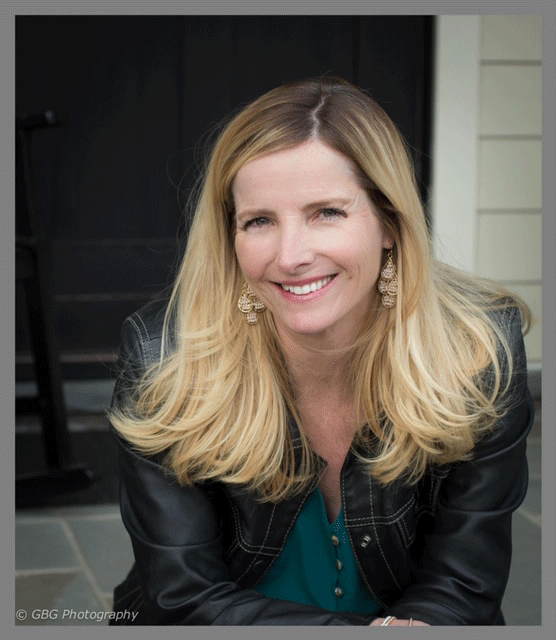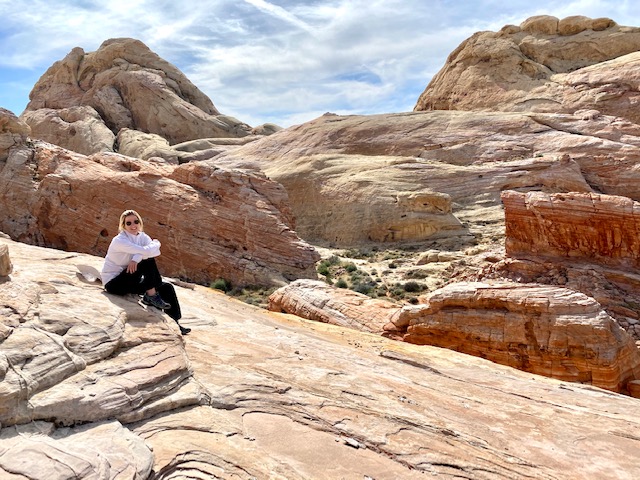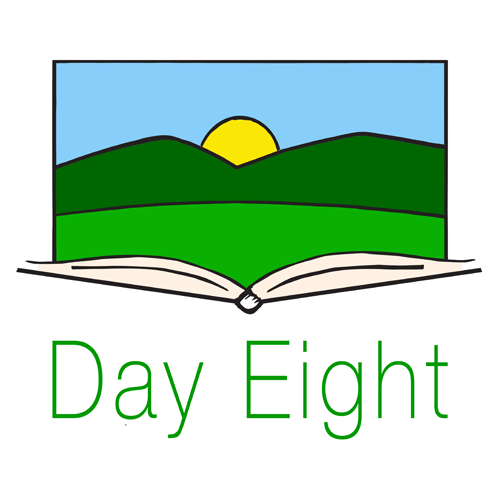Sean Murphy, founder of 1455, has selected a poetry manuscript by Laura McCarty for publication by Day Eight. The competition juried by Murphy invited past Poet Project finalists to submit a manuscript for consideration.
“Laura McCarty’s Just One Swallow gracefully navigates the brutal and beautiful (sometimes in the same poem; occasionally the same line), often on the verge of revelation or else doubling back to track the wreckage,” Murphy wrote. “This collection provides a guided tour of her past and present: a daughter, a mother, a traveler, a restless soul in search of feelings attainable only via honesty and experience.”
Murphy, who is also a Day Eight board member, added, “This work is a sustained shout in defiance of dark and silent spaces. A good poet is able to explore feelings through images that resonate as universal or self-evident truths; an exceptional poet—like McCarty—manages to turn observations into epiphanies one is grateful to obtain, and share.”

Day Eight Board Chair Gregory Luce commented, “Poets, as other artists, are particularly suffering through the Corona quarantine. The Board decided to pursue an additional book publication at this time as a way to support artists that need it.” Poet Anne Becker will serve as editor for the forthcoming publication, expected Fall 2020.
Featured image at the top of the post shows Sean Murphy (far left) at 1455’s first annual Summer Literary Festival (2019).
Here is an interview with Laura McCarty and project director Robert Bettmann.
Robert Bettmann: Your manuscript was selected by Sean Murphy, founder of 1455, a writing center and writers retreat in Winchester, VA. Have you ever done a writing retreat?
Laura McCarty: First of all, I want to express my thanks to Sean Murphy and Day Eight for this incredible opportunity. There are so many talented, unsung poets in the world, and I’m truly grateful.
I have not done a writing retreat, but in 2016, I attended the two-week Disquiet International Literary Program in Lisbon. It wasn’t a retreat in that we work-shopped our writing and went to readings every day. I’d love to explore a writing retreat, to be immersed in writing. With my youngest daughter heading off to college this fall, it seems like the perfect time.
How did you start writing poetry?
LM: I come from a long line of poets. My great-grandfather, grandmother, mother, aunt, many cousins and siblings all write or have written poetry. If there’s a poetry gene, I have it.
My love of poetry, however, came from more than a genetic disposition. It came from exposure. My mother talked about poetry, left her scribbled poems on the back of envelopes around the house, and had a bookcase full of poetry. Her love for poetry combined with her unabashed honesty about not having time for poetry snobs made poetry accessible to me. She made me realize that I didn’t have to know how to write a sonnet or memorize Shakespeare to love poetry or write it.
Do you have a favorite author or authors?
My favorite contemporary poets are Ada Limon, Mai der Vang, Ocean Vuong, Ross Gay, and so many others. In 2018, I decided to read only books written by women that year. They are now some of my favorite authors. Min Jin Lee, Celeste Ng, Yaa Gyasi, Jesmyn Ward and Tara Westover are just some of the many I love.
Some of your work has a documentary feel, perhaps in a way like Rita Dove’s Thomas and Beulah. Do you think of your work as documentary?
That’s a great question. While my poetry is not a true account of my life, it is not fiction either. I mix, rearrange, overlap and sometimes completely re-imagine memories and people to explore a question I’m trying to answer in a poem. Writing in first person allows my mind to move in directions that are uncomfortable. It brings me closer to the experience. I mangle memories and people because, in doing so, I’m able to keep my truth as my own. There are silences and truths between people, between words, between breaths, and even within ourselves. We bury these unspoken truths in our bodies, our families, and our past and present because it often seems easier this way. Poetry allows me to dig all that up, get uncomfortable and unbury the silence (and maybe the dead.)
What do you do when you’re not writing poetry?
I read a lot, and love the outdoors. I hike, garden, and bike. For the past five years I’ve kept honeybees. Watching them dance and communicate with each other can occupy me for hours. I also am fortunate to work in international development as a writer/storyteller. Much of my career has involved travel. It’s odd not to be getting on a plane, but a refreshing change.

How are you surviving the corona quarantine? Is it feeding your poetry practice or making it harder to write?
My daughters, dog and I are riding out quarantine fairly well, considering. I’ve felt pressure to write during this time but haven’t been very successful. Instead, I’ve turned to painting. My sisters are both visual artists. I’ve always been intimidated by the practice of fine arts. Based on what I’ve painted, there’s good reason. For the first time in my life, however, I’m enjoying it. Right now, my poetry is percolating and I hope something comes of it soon. If I spent the same of amount of time writing as a I have watching Netflix during quarantine, I could have written another book.
How long have you been working on the poems in this book?
I wrote those poems over a three-year period. The more I read them, the more I want to edit them. My sister jokes that the ropes in museums are not to keep the public from touching the paintings but to keep the artists from retouching their work. I’m the writer version of that artist.
Now that this group of poems is being published do you have a “next” project in mind? Have you started on your next book, or series?
I feel myself leaning into environmental poems. I started my career 30 years ago as an environmental journalist. I’d like to explore those issues in poetry. There’s a lot of depression and trauma around climate change, rightly so. I want to highlight the beauty of our world rather than the devastation. The most recent poem in my book was written during quarantine and about wanting to be a cheery tree. I can see myself writing more of that, moving away from despair and into hope and love. But then, I’m sure I’ll write about despair as well.

